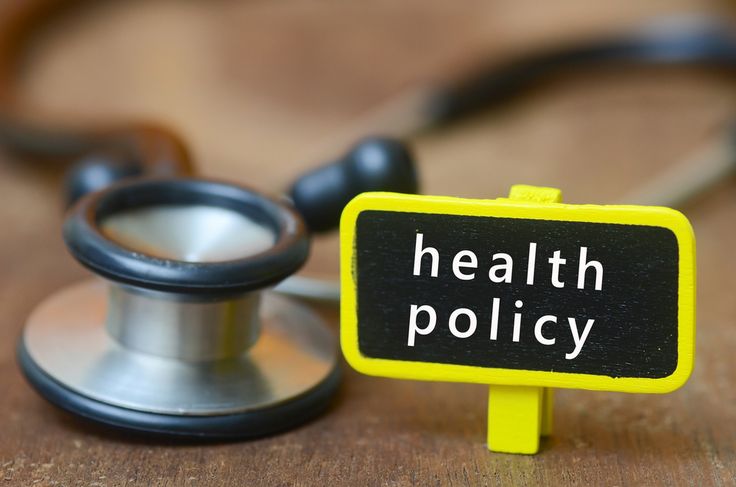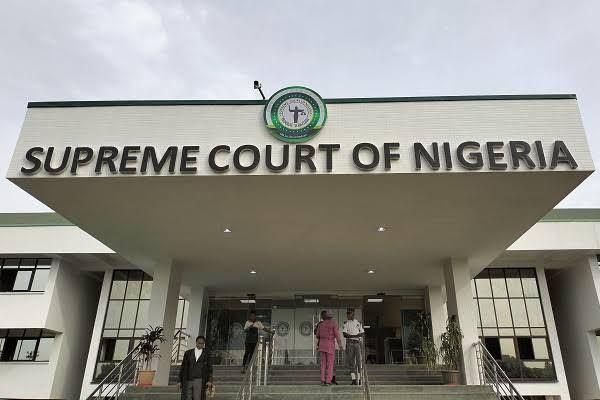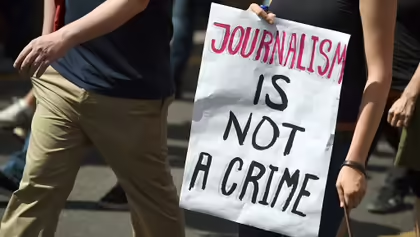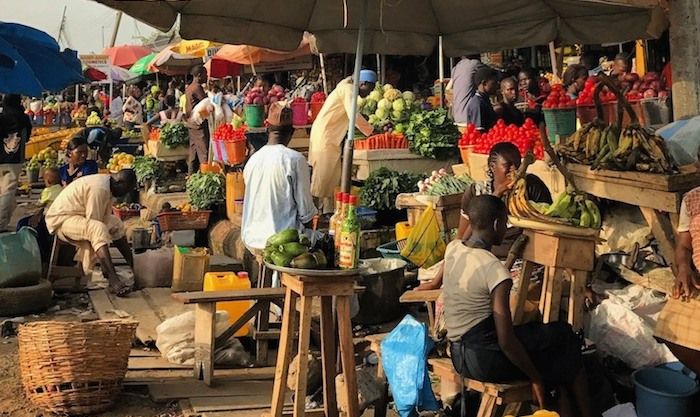The Health Sector Needs Emergency Actions, Not Just Policy

Over the last five years, Nigeria has lost approximately 16,000 doctors due to the phenomenon popularly known as “Japa Syndrome,” where skilled professionals leave the country for better opportunities abroad. This exodus has worsened the already critical shortage of healthcare professionals in Nigeria, resulting in a massive Human capital flight in the medical field. Doctors, […]
Examining the Impact of Nigeria’s New Cybersecurity Levy

On May 6, 2024, the Central Bank of Nigeria (CBN) issued a directive for banks and other financial institutions to start deducting a cybersecurity levy. This levy, set at 0.5% of the value of all electronic transactions, was introduced under the newly enacted 2024 Cybercrime (Prohibition, Prevention, etc.) Amendment Act, which is intended to fund […]
Local Government Autonomy in Nigeria: Enforcement and Citizens’ Expectations

Local government autonomy has come to the fore of discussions across Nigeria, following the Supreme Court ruling of July 11th, 2024, which grants full autonomy to all the 774 local governments of Nigeria, especially in areas of finance. The apex court ruled that federal allocations must go directly to local government accounts, rather than going […]
Critical Analysis of Nigeria’s New Age Limit for O-Level Examinations

The recent policy announced by the Minister of Education, Prof. Tahir Mamman setting an age limit of 18 years for candidates writing O-Level examinations including West African Examination Council (WAEC) and National Examination Council (NECO) and subsequently seeking admission into tertiary institutions, has sparked significant debate across the country. This policy introduces a new layer […]
Defending Press Freedom in Nigeria

In any democracy, a free press is a cornerstone of accountability and transparency, playing a pivotal role in informing the public and holding power to account. In Nigeria, recent events have put the spotlight on the country’s commitment to upholding press freedom. The imprisonment of a journalist for over seven days has stirred widespread concern […]
Exclusion of Private Tertiary Institutions and Students from Government Intervention Schemes

The Federal Scholarship Board (FSB), Nigeria Education Loan Fund (NELFUND), Petroleum Technology Development Fund (PTDF) and the Tertiary Education Trust Fund (TETFUND) are all agencies of the federal government with the mandate to support educational development with loans, grants, scholarships or provision of educational materials. The primary role of the Federal Scholarship Board (FSB) when […]
Addressing the Unabated Food Crisis in Nigeria

Nigeria’s food inflation has reached alarming levels in recent months, significantly impacting the population’s food security and overall economic stability. Prices of many staple foods have quadrupled in recent times. Many average Nigerians can barely afford two meals a day. With June food inflation from the Nigerian Bureau of Statistics (NBS) putting it at above […]
Kidnapping for Ransom in Nigeria: Laws, Setbacks and Solutions

Kidnapping for ransom is one of the most lucrative businesses in Nigeria. This explains why the act has been prevalent across the country. Kidnappers abduct their victims, demanding for money and other non-monetary demands in exchange for their freedom. According to report by SBM Intelligence, an Africa-focused geopolitical research and strategic communications consulting firm, at […]
Fostering Effective Public Policy Leadership: Insights from the Cheetahs Policy Leadership Bootcamp.

In a world where the landscape of public policy is ever-evolving, equipped individuals who possess the knowledge, skills, and network to drive positive change are essential. Recognizing this need, the Cheetahs Policy Institute, sponsored by Atlas Networks a nonprofit organization that aims to secure for all individuals the rights to economic and personal freedom through […]